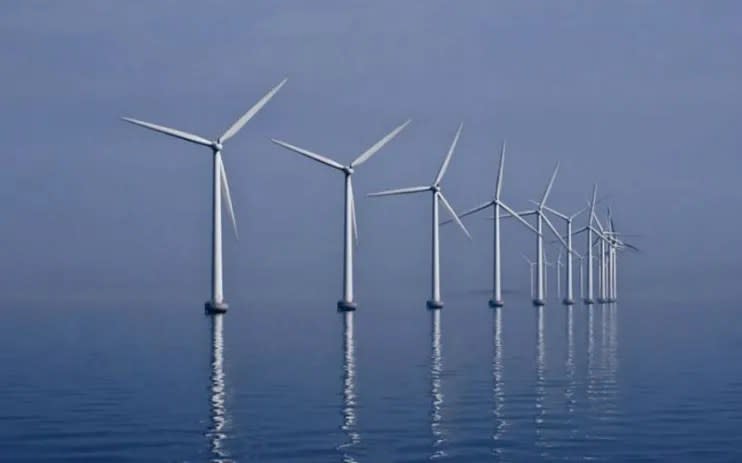Is the green fundraising boom over for investment trusts?

While investment trusts as a whole have not performed well in recent months, those that focus on the environment had a particularly dire time in 2023.
All trusts categorised as environmental by the Association of Investment Companies currently sit on steep discounts, with the average being 13.2 per cent, while they are down by an average of 5.7 per cent over the last year.
The renewable energy infrastructure sector is in even poorer shape, with the 22 trusts in the sector averaging a 26.1 per cent discount and having fallen over 20 per cent over the last year.
This compares to the average investment trust, which while sitting on an average discount of 9.1 per cent, has still seen strong growth, rising 13.9 per cent over the last year.
Specific issues in certain subsectors, such as the recent problems with the energy storage sector, certainly haven’t helped the sector.
The two major players in the sector, Gresham House Energy Storage and Harmony Energy Income, both saw their share prices halve last month after they were forced to scrap their dividend to cover costs stemming from issues with the grid.
However, considering none of the trusts are being valued at a premium by the market, it is hard to pin the blame for their decline on individual issues.
The only renewable energy infrastructure trust to have seen its share price trend upward over the last year was Triple Point Energy Transition, which has grown 4.9 per cent. However, since its launch in 2020, the trust has fallen over 36 per cent.
This isn’t simply the market not understanding the opportunity, as the underlying assets themselves are becoming less valuable.
Yesterday, solar-focused investment trust US Solar Fund reported its 2023 results and told the market the value of its assets had fallen by 20 per cent throughout the year, largely due to an increase in operating costs.
In addition, widening discounts across the entire sector have made it a lot harder for trusts to borrow money, which is especially bad for trusts that take out loans to buy expensive assets like wind farms.
The poor performance of these investment trusts is across the sector, with Greencoat UK Wind last month reporting that electricity generation in its assets fell 13 per cent throughout the year.
Neverthless, Greencoat still holds the title of smallest discount in the entire sector, though this is still a whopping 16.9 per cent.
Of course, it’s impossible to overlook the problem that the popularity of ESG has waned in the investment industry, and investors just aren’t as keen on the funds as they used to be.
Sustainable funds saw money being pulled out faster than it was being put in for the first time ever in the last quarter of 2023
Asset managers have noticed this, the number of sustainable funds launching in Europe almost halved from 660 in 2022 to 362 in 2023.
Meanwhile, if investors do still want to access sustainable infrastructure like windfarms and solar panels, the increasing accessibility and popularity of private markets may be another strong driver away from the alternative of investment trusts.

 Yahoo Finance
Yahoo Finance 